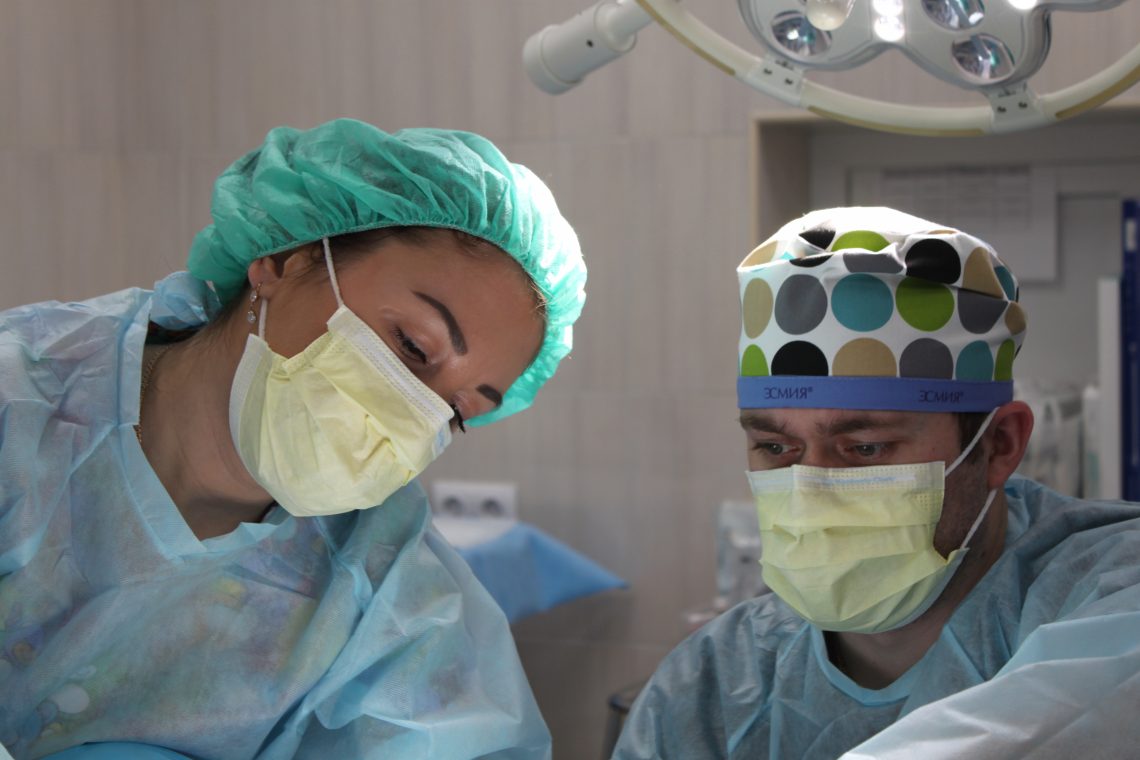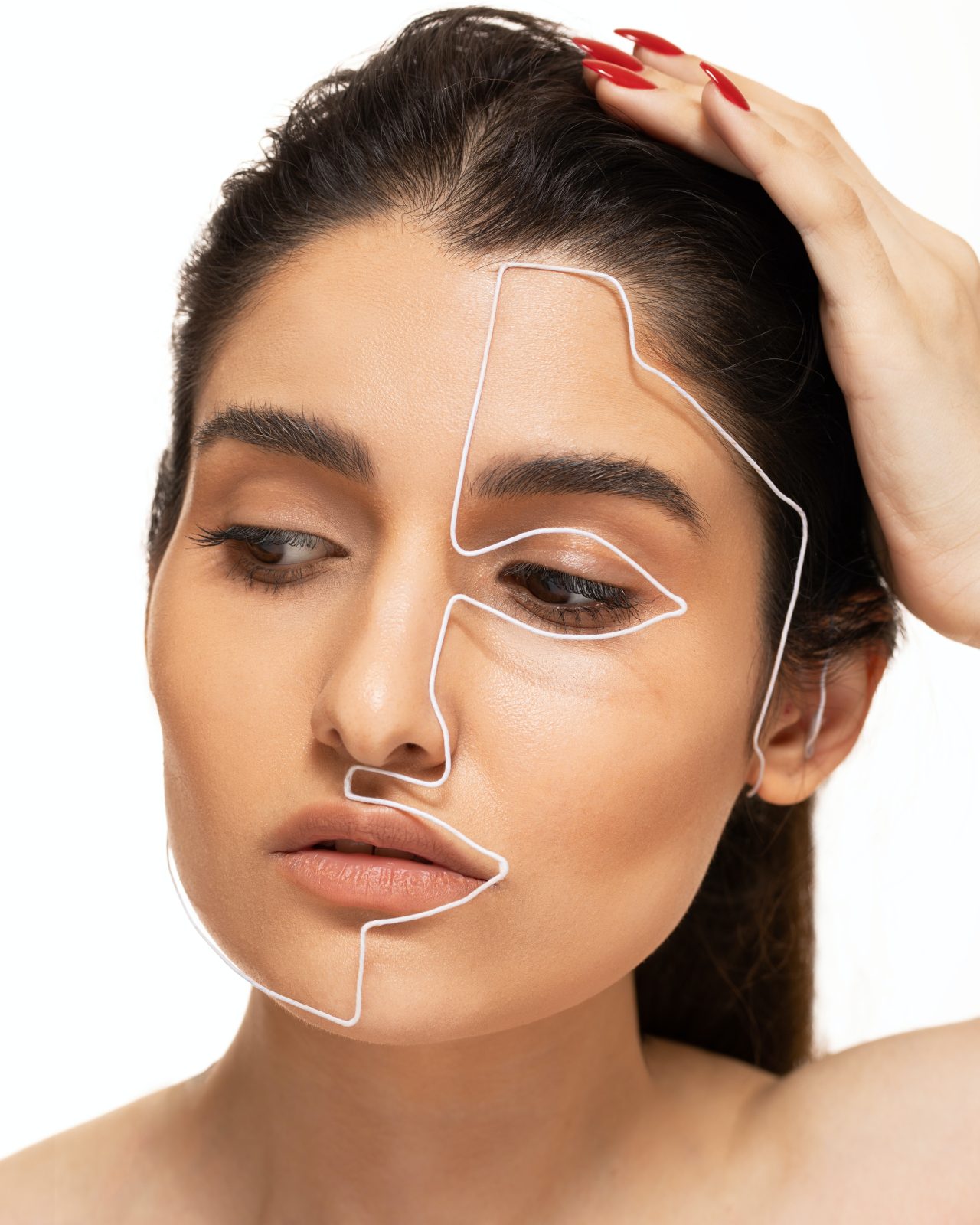Cosmetic surgery or plastic surgery is becoming increasingly popular among Canadians today. People are even traveling outside the country to undergo the procedure. In a recent study, researchers discovered that Canadians engage in cosmetic tourism for better post-operative care and cost reasons.
Unfortunately, the procedure comes with several health risks. People looking to undergo plastic surgery must be aware of the dangers that come with the process and how to lower the risks.
The Risks of Plastic Surgery
Much like other surgical procedures, cosmetic surgery also comes with crucial risks. If you decide to do the surgery, you may be at risk of developing complications, such as blood clots. Consulting with a specialist plastic surgeon like Dr. Tim Papadopoulos can help you make an informed decision and ensure the highest standards of safety and care are maintained throughout the process. Read on below to know more possible complications associated with plastic surgery.
Infection
Though post-operative care is there to reduce the risk of infection, it remains one of the more common complications of the procedure. It is prevalent in people who got breast implants.
Cellulitis, a common skin infection, may occur after the surgery. In some cases, these skin conditions can be internal and severe, which would require intravenous antibiotics.
Hematoma
Hematoma refers to a pocket of blood that sometimes resembles a bruise. This condition occurs in one percent of breast augmentation surgeries. It can also occur after a facelift and is more common in males than females.
That said, a hematoma is a possible risk in nearly all surgeries. Treatment for this condition may include an additional procedure to drain the blood if the pocket grows rapidly. Treatment may require surgery and sometimes additional anesthetic.
Nerve Damage
The possibility of nerve damage is always looming in different cosmetic surgical procedures. Numbness and tingling are common side effects of plastic surgery and can be the first signs of nerve damage. Sometimes, the condition is temporary, but in some cases, it may become permanent.
Other Risks
Other risks that can occur after a plastic surgery procedure include:
- Complications linked to anesthesia include blood clots, pneumonia, and, in rare cases, death
- Infection at the surgery site, which may need require additional operation and worsen scarring
- Skin breakdown leading to abnormal scarring
- Fluid buildup under the patient’s skin
- Bleeding which can be severe enough to require a transfusion
- Separation of the wound, which would require additional operations
Lower the Risks of Complications
Fortunately, you can take precautions to lower the risk of complications associated with plastic surgery. Read on and learn how you can prevent the onset of the procedure’s side effects.
- Before signing up for cosmetic surgery, research your doctor first. Ensure they have the proper license and board certification to do the procedure safely. If you are undergoing a facelift, breast implant, or eyelid surgery in Toronto, check out the Canadian Society of Plastic Surgeons. The organization has over 500 doctors with the skills and experience to perform the operation well.
- Ask your plastic surgeon about their track record and experience with the medical procedure you would like to get. Inquire about the risks specific to the operation and ask if your situation puts you at any risk of developing complications.
- Be truthful when answering questions from your surgeon. You should talk to your doctor about your medical history during the consultation. Talk about health issues, past surgeries, and medications that you take so they can discuss possible complications.
- Follow your doctor’s pre-surgery instructions. Days before your operation, your surgeon may ask you to stop smoking, stop certain medications, or change your eating schedule. Doing so can help prevent complications.
- You should also follow post-operative instructions. After the medical procedure, your doctor will tell you how to care for the wound for the best possible outcome. Following directions gives you a better chance to get your desired result and helps minimize risks.
These are simple pointers that can help lower the risks of complications after surgery. Keep these tips in mind, and you will get the results you want from a cosmetic procedure without putting yourself at risk.





